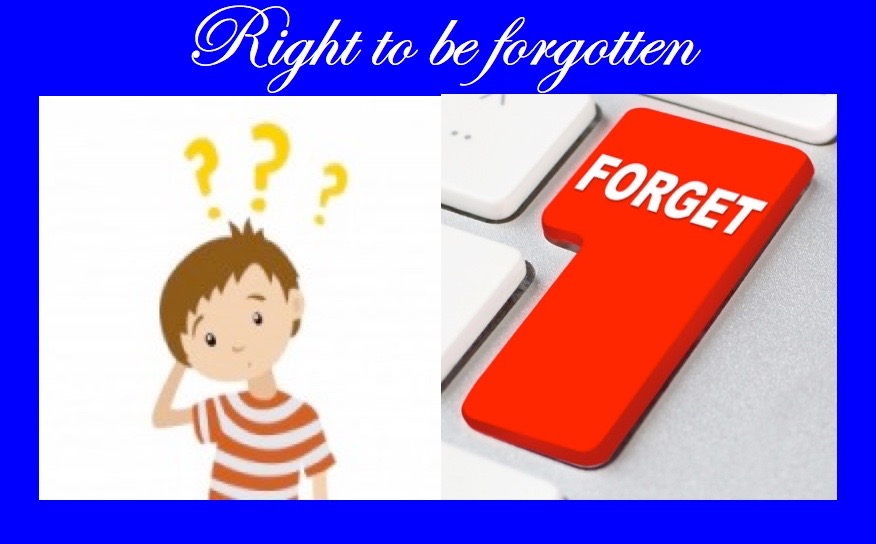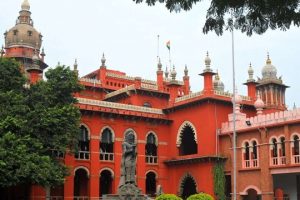The Delhi High Court today affirmed the prayer of the petitioner to be “forgotten” on the internet, by providing him interim protection and directing the website ‘Indian Kanoon’ to block the judgment of his acquittal under the NDPS Act from being accessed through search engines such as Google, Yahoo etc. This order is till the next date of hearing, which is August 20, 2021.
‘Right to be forgotten’ is the right to have publicly available personal info removed from an internet search, databases, websites or other public platforms once it’s no longer relevant.
Justice Pratibha M. Singh directed the removal of a judgment passed in 2013 by Justice Mukta Gupta of the Delhi HC, acquitting the petitioner, Jorawer Singh Mundy.
Mundy had now approached the HC claiming that this judgment appearing on Google and IndianKanoon sullied his efforts to get a job.
Taking note of the “irreparable prejudice” that may be caused to Mundy’s “social life and his career prospects” despite him having been ultimately acquitted, the court granted him interim protection. Google was asked to remove the judgment from its search results and Indian Kanoon was directed to block the judgment from being accessed by using search engines such as Google and Yahoo.
RIGHT TO BE FORGOTTEN
EUROPEAN UNION
The right to be forgotten has been recognised as a statutory right in the European Union under the General Data Protection Regulation (GDPR), and has been upheld by a number of courts in the United Kingdom, and in Europe. Also known as the “right to erasure“, the rule gives EU citizens the power to demand data about them be deleted. In the case of search engines, Europeans have had the right to request links to pages containing sensitive personal information about them be removed since 2014. The General Data Protection Regulation (GDPR) which came into force in 2018, added further obligations.
Members of the public can make a request to any organisation “verbally or in writing” and the recipient has one month to respond.
The EU’s top court has ruled that Google does not have to apply the right to be forgotten globally.
The ruling stems from a dispute between Google and a French privacy regulator.
INDIA:
In India, there is no law that specifically provides for the right to be forgotten. However, the Personal Data Protection Bill 2019 recognised this right.
Section 20 of the Bill gave an individual the right to restrict or prevent the continuing disclosure of their personal data when such data
(1) has served the purpose for which It was collected, or is no longer necessary for said purpose;
(2) was made with the consent of individual, which consent has since been withdrawn; or
(3) was made contrary to the PDP Bill or any law in force.
However, the provision made this right enforceable only on an order passed by the adjudicating officer appointed under the Bill. While passing such an order, the adjudicating officer is required to take several things into account, including
(1) the sensitivity of the personal data,
(2) the scale of disclosure and degree of accessibility that sought to be restricted or prevented,
(3) the role of the individual in public life,
(4) the relevance of the personal data to the public, and
(5) the nature of the disclosure and of the activities of the individual.













Add Comment